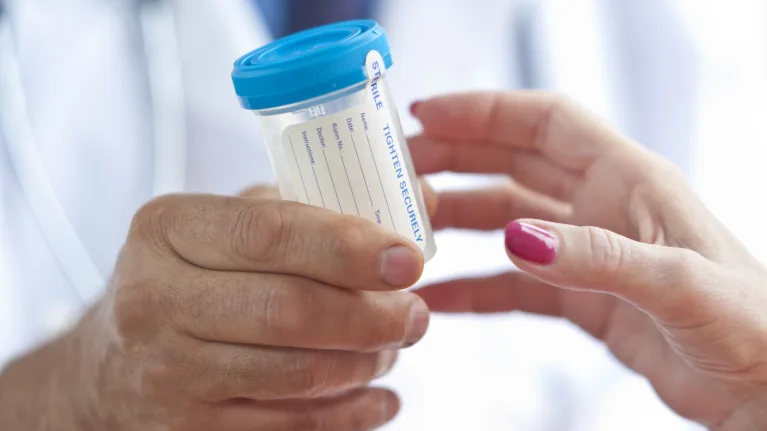Welcome to ‘Navigating Ethical Dilemmas: A Guide to Ethical Drug Testing Solutions.
In this comprehensive article, we delve into the crucial topic of ethical drug testing, providing an impartial and objective perspective on the subject.
By exploring key principles, common challenges, and best practices, we aim to equip our audience with the necessary knowledge and understanding to navigate the ethical considerations surrounding drug testing.
Join us as we navigate the legal and regulatory frameworks, ensuring the implementation of ethical drug testing programs.
Key Takeaways
- Ethical drug testing is important for ensuring the safety and well-being of research participants and maintaining the integrity of scientific studies.
- Ethical considerations in drug testing include issues of privacy, consent, fairness, and stigmatization, which organizations need to navigate to ensure an ethical and respectful testing process.
- Adherence to key principles such as transparency, privacy, and informed consent promotes fairness and integrity in drug testing programs.
- Ethical dilemmas in drug testing, such as invasion of privacy without consent and confidentiality of test results, can be addressed through clear policies, informed consent, and support for individuals who test positive.
The Importance of Ethical Drug Testing
Ethical drug testing plays a crucial role in ensuring the safety and well-being of research participants and the integrity of scientific studies. It provides a framework for conducting research with respect for human rights, autonomy, and informed consent.
Understanding Ethical Considerations in Drug Testing
An essential aspect of drug testing is gaining a comprehensive understanding of the ethical considerations involved.
Ethical considerations in drug testing encompass a range of issues, including privacy, consent, fairness, and potential stigmatization.
It is crucial for organizations to navigate these considerations to ensure the testing process is conducted ethically and respects the rights and dignity of individuals.

Key Principles for Ethical Drug Testing Solutions
To ensure the integrity and fairness of drug testing programs, it is important to adhere to key principles that promote transparency, respect for privacy, and informed consent.
Transparency allows individuals to understand the process and criteria for testing, ensuring fairness.
Respecting privacy protects individuals’ personal information and prevents discrimination.
Informed consent empowers individuals to make autonomous decisions regarding their participation in drug testing.
Ethical Dilemmas in Drug Testing: Common Challenges and Solutions
Challenges often arise in drug testing situations, requiring careful consideration and strategic problem-solving to maintain ethical standards.
One common challenge is the invasion of privacy that occurs when employees are subjected to drug tests without their consent. In such cases, it is essential to establish clear policies and obtain informed consent from individuals before conducting any testing.
Additionally, ensuring the confidentiality of test results and providing support for employees who may test positive for drugs are crucial steps in navigating these ethical dilemmas.
Navigating Legal and Regulatory Frameworks in Drug Testing
Understanding and complying with legal and regulatory frameworks is essential for ensuring the integrity and legality of drug testing practices. These frameworks provide guidelines and boundaries that govern the entire drug testing process, from specimen collection to result reporting.
Best Practices for Implementing Ethical Drug Testing Programs
Now that we have explored the legal and regulatory frameworks surrounding drug testing, let us turn our attention to the best practices for implementing ethical drug testing programs.
These programs aim to strike a balance between ensuring workplace safety and respecting individual rights and privacy. By adhering to established guidelines, such as clear policies, transparency, and fairness in the testing process, organizations can foster a sense of belonging and trust among employees while upholding ethical standards.
Conclusion
In conclusion, ethical drug testing is of paramount importance in order to ensure the safety and well-being of individuals involved in clinical trials and other drug testing programs. By adhering to key principles and navigating ethical dilemmas, organizations can implement solutions that prioritize the rights and welfare of participants.
It is crucial for stakeholders to also consider legal and regulatory frameworks in order to maintain transparency and accountability.
Implementing best practices in ethical drug testing programs will ultimately contribute to the advancement of medical research and the development of safe and effective medications.
You may also like to read:
How Evening Addiction Recovery Programs Inspire Recovery Journals





